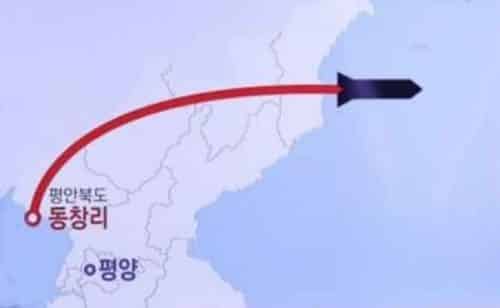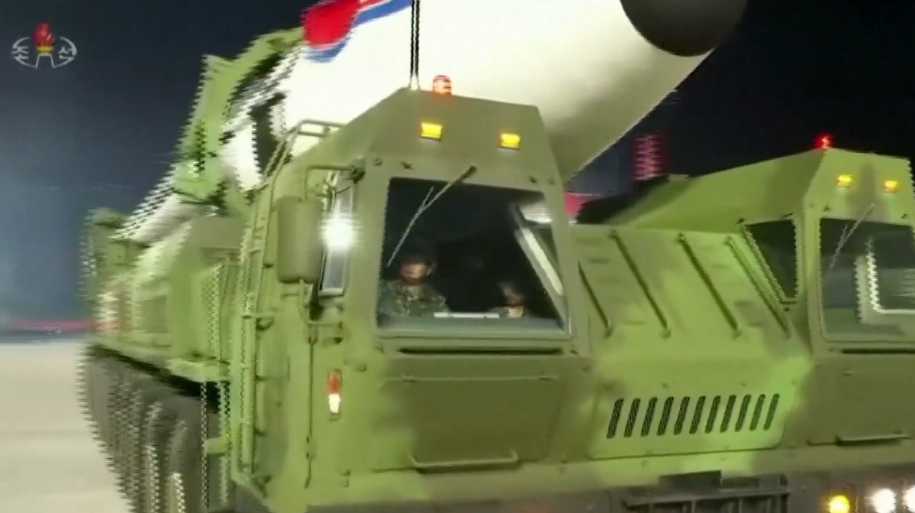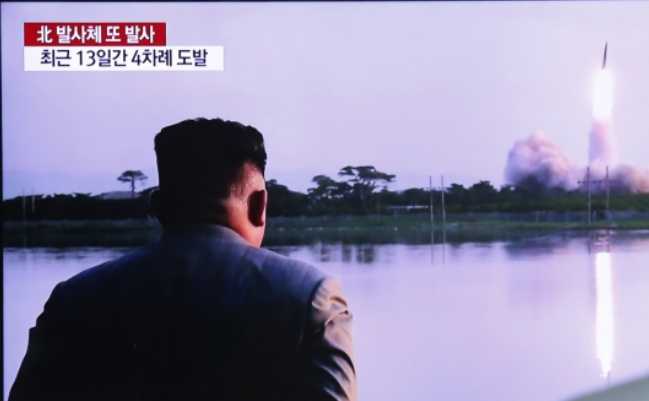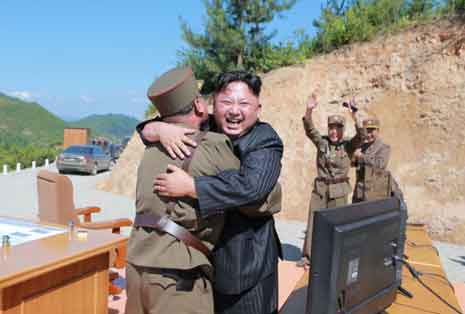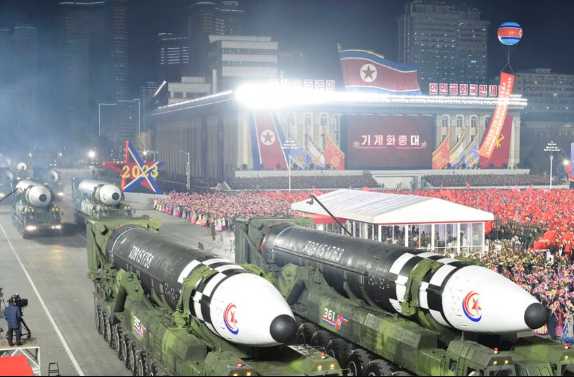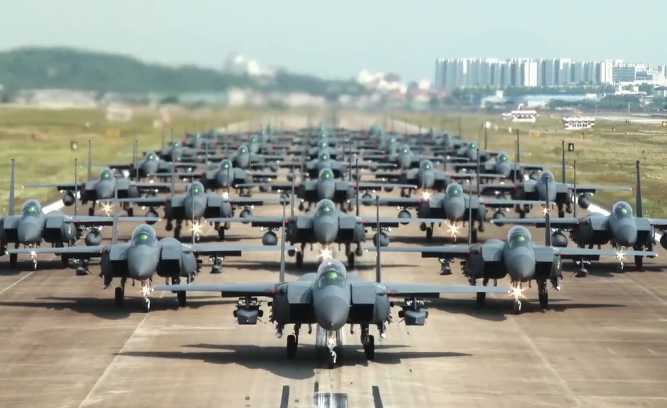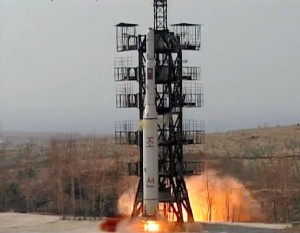
South Korea’s Unification Ministry warned Wednesday of possible provocations by North Korea in October to mark the ruling party’s 70th anniversary.
The warning came amid growing speculation that Pyongyang could launch a long-range missile on the anniversary in October.
“Our ministry and the military are always keeping a close eye on possible provocations by the North, and we are ready to respond appropriately if the situation calls for it,” said Unification Ministry spokesperson Jeong Joon-hee.
Citing recent satellite imagery, 38 North, a North Korea monitoring website run by the Johns Hopkins U.S.-Korea Institute, said the North appears to have completed an upgrade of Sohae Satellite Launching Station, a possible sign that the communist country may be preparing for a launch. Sohae is the North’s main rocket site on the country’s west coast.
South Korea’s Yonhap news agency reported last week that the North had built a new, larger rocket launch tower.
However, the 38 North report said there were no indications at the site that test preparations were currently underway.
“In the coming weeks, if preparations are indeed underway, we would expect to see other on-the-ground indications at Sohae,” it said.
Long-range missile
The South Korean military suspects the North could launch an improved long-range missile. “We are closely monitoring all relevant developments on the North’s missile activities, including those at the Sohae Station,” Na Seung-yong, a press officer for South Korea’s Defense Ministry, said during a news briefing Wednesday.
A South Korean official who asked to remain anonymous told VOA the North might try to launch a missile before the party anniversary and hail it as Kim Jong Un’s achievement in a bid to solidify support internally and pressure the United States externally.
When asked Tuesday about a possible test, North Korea U.N. Ambassador Jang Il Han told reporters that he could not rule out the possibility.
“We stated in the past that we will respond to the military deterrence and pressure of the United States with modernization and expansion of our nuclear forces,” Jang said during a rare news conference in New York.
U.N. resolutions bar Pyongyang from any ballistic missile activity, and previous test launches have led to sanctions against the reclusive state.
But Jang said Tuesday that North Korea is “free to do whatever we want.”
Launch in 2012
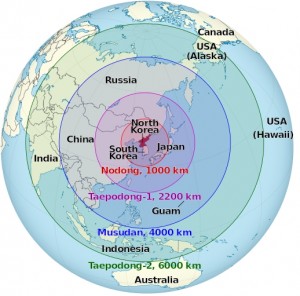
In late 2012, the North successfully launched the Unha-3, a three-stage rocket with an estimated range of more than 10,000 kilometers. The launch was considered a major leap forward in developing a long-range missile. The United States condemned the launch, calling it a violation of U.N. Security Council resolutions.
Earlier Tuesday, North Korea’s ambassador to China, Ji Jae Ryong said the North has no “interest at all in dialogue for unilaterally freezing or giving up our nukes.”
Ji called Pyongyang’s situation totally different from Iran, which just signed a nuclear deal with six major world powers.
“We are a nuclear state, both in name and reality. As a nuclear state, we have our own interests in a nuclear program,” Ji said.
He said North Korea needs its nuclear weapons to “restrain the provocative nuclear war acts of the U.S.”
The comments came as senior U.S. envoy Sydney Seiler visited Beijing Tuesday for talks on how to revive the stalled six-party nuclear talks with North Korea.
After meeting with officials in Seoul on Monday, Seiler said the U.S. is ready to engage Pyongyang in the same way it helped broker a deal with Iran.
Eunjee Kim and Jee Abbey Lee contributed to this report, which was produced in collaboration with the VOA Korean service.

